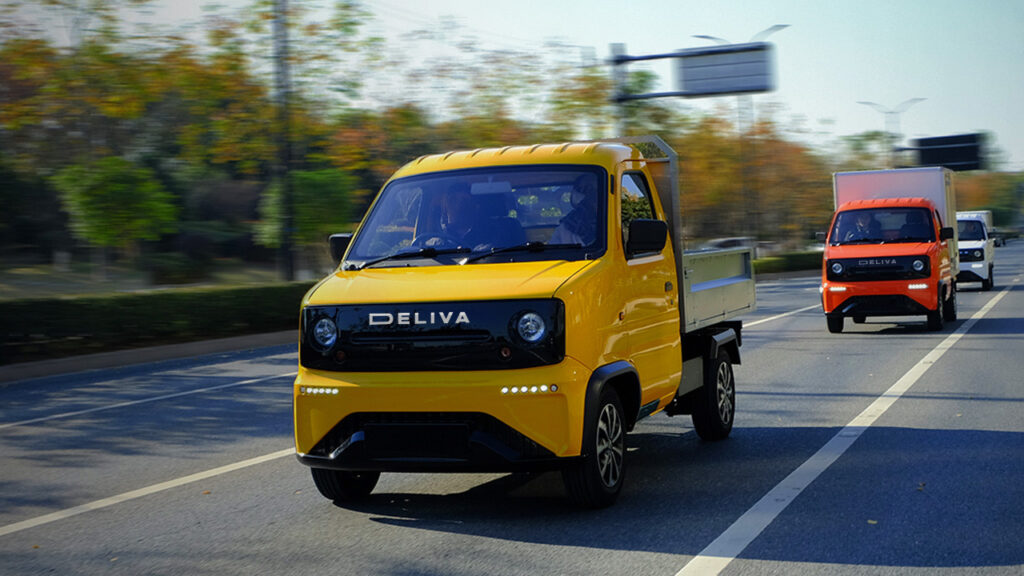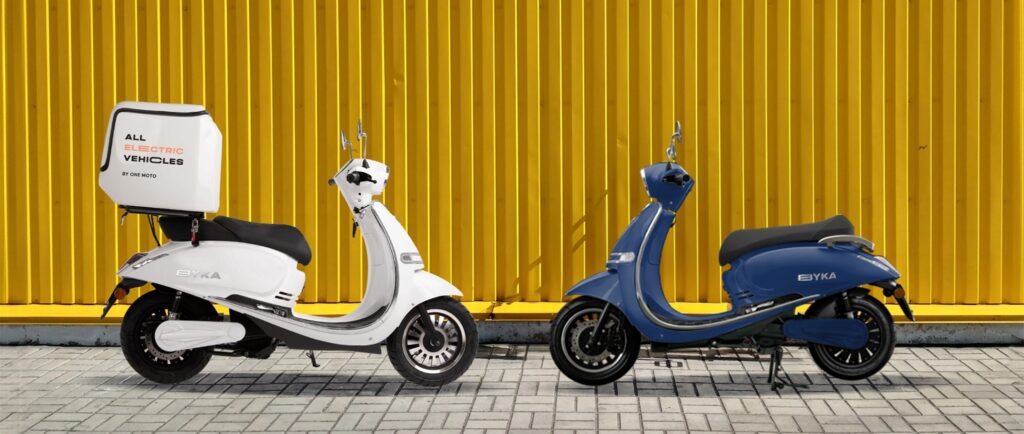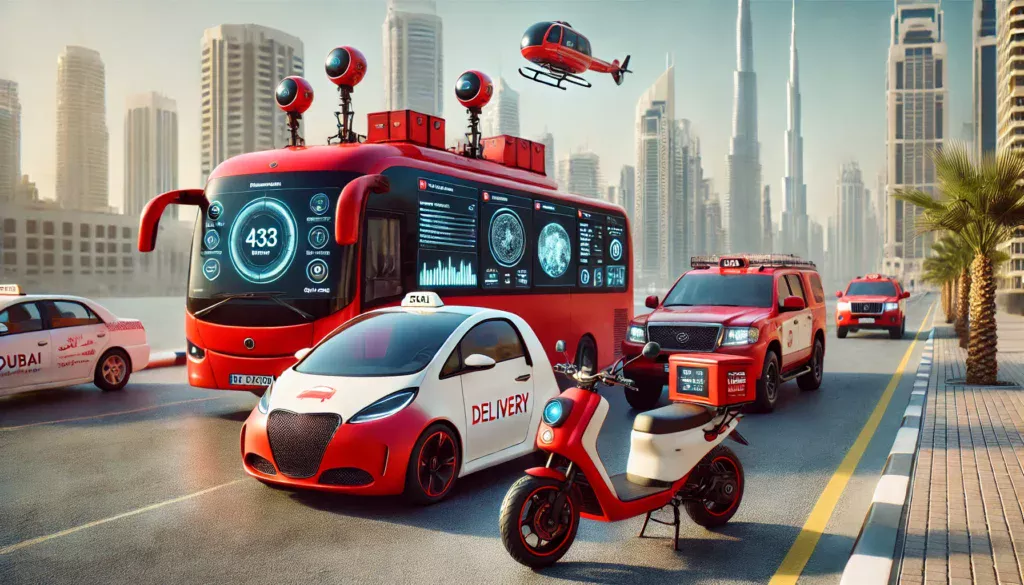You may have asked yourself the question about switching your fleet of delivery vehicles to electric? “Switching my fleet of delivery vehicles to electric is a weighty decision, one that comes with a myriad of questions, considerations, and potential impacts. As I stand on the cusp of this transformation, I find myself reflecting deeply on the reasons behind this potential shift and the benefits it could bring both now and in the future”.
What Am I Doing It For?
Primarily, this decision is rooted in my commitment to sustainability. The environmental impact of traditional ‘fuel’ vehicles is undeniable – each mile driven contributes to greenhouse gas emissions, air pollution, and the depletion of fossil fuels. By transitioning to electric vehicles, I am choosing to reduce my carbon footprint, aligning my business practices with the urgent need to combat climate change.
But it is more than just environmental impact. It is about the legacy I want to leave. My business is an extension of my values and vision for a better world. By opting for electric vehicles, I am setting an example of responsible stewardship, showing that it is possible to thrive commercially while making choices to benefit the planet.

How Will It Benefit My Company Now?
- Cost Savings: While the initial investment in electric vehicles can be higher, the long-term savings are substantial. Electric vehicles have lower fuel costs compared to ‘fuel’, and the maintenance expenses are also reduced due to fewer moving parts and less frequent servicing needs. These savings can improve our bottom line, freeing up resources for other critical areas of the business.
- Brand Reputation: In an era where consumers are increasingly eco-conscious, demonstrating a commitment to sustainability can enhance our brand reputation. Customers are more likely to support businesses sharing their values, and our shift to electric vehicles can attract a loyal customer base prioritising environmental responsibility.
- Operational Efficiency: Electric vehicles often come with advanced technology that can improve operational efficiency. Features such as regenerative braking, telematics, and lower downtime due to maintenance can streamline our delivery processes, ensuring prompt and reliable service for our customers.
How Will It Benefit My Company in the Future?
- Regulatory Compliance: Governments around the world are tightening emissions regulations and offering incentives for electric vehicle adoption. By making the switch now, we can stay ahead of regulatory changes, potentially receiving support from tax breaks, subsidies, and avoiding penalties associated with non-compliance.
- Market Differentiation: As more businesses recognise the importance of sustainability, the market will become increasingly competitive. Early adoption of electric vehicles can position us as a leader in the industry, differentiating our brand from competitors and establishing a strong market presence.
- Long-Term Sustainability: Investing in electric vehicles is an investment in the future. As technology advances, the performance and affordability of electric vehicles will continue to improve. By integrating these vehicles into our fleet now, we are future proofing our operations, ensuring we stay adaptable and resilient in a rapidly changing market.
Unscrambling thoughts
Switching my fleet of delivery vehicles to electric is not just a business decision it is a commitment to a vision of a sustainable future. It is about aligning my business practices with my values, ensuring that every delivery we make is a step towards a healthier planet. The benefits of this transition are multifaceted, offering immediate cost savings, enhanced brand reputation, and long-term operational advantages.
The question is not just whether I should switch my fleet to electric, but rather, how can I afford not to? The world is changing, and as a business leader, I have the opportunity and responsibility to be at the forefront of this transformation. By embracing electric vehicles, I am not only driving my business forward but also driving change towards a more sustainable, prosperous future for all.



